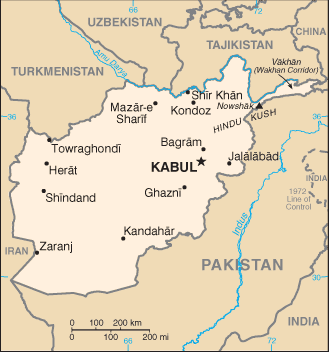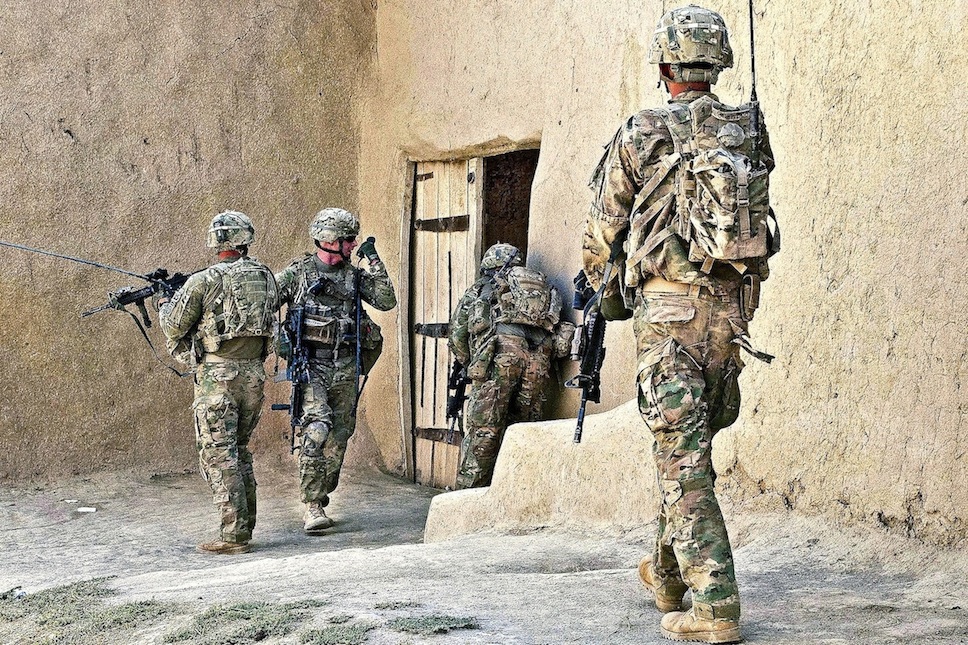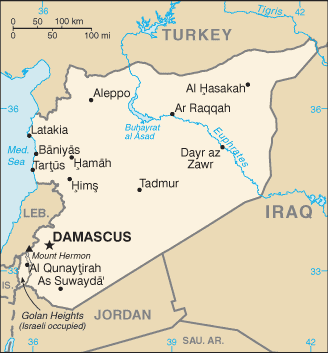http://english.ahram.org.eg/NewsContent/1/64/60017/Egypt/Politics-/EGYPT-BREAKING--Egyptian-presidency-ready-to-postp.aspx
Egypt's vice-president Mahmoud Mekki read a presidential statement on Friday evening stating that President Mohamed Morsi is ready to postpone the constitution referendum.
However, "the political forces who demand the delay of the referendum must provide guarantees that there will not be appeals [against the delay] in courts," the statement said.
Last year's constitutional declaration, which was issued by then-ruling military council in March 2011 after a similar referendum, stipulates that a referendum on draft constitution must be held within 15 days of the date at which the president receives the draft from a constituent assembly.
The controversial draft constitution was handed to president Morsi by the outgoing constituent assembly on 1 December and the president set a referendum on the draft for 15 December.
http://www.aljazeera.com/news/middleeast/2012/12/201212781317832376.html
EGYPT BREAKING 4: Egyptian presidency 'ready' to postpone constitution referendum
Ahram Online, Friday 7 Dec 2012
Egypt's vice-president Mahmoud Mekki read a presidential statement on Friday evening stating that President Mohamed Morsi is ready to postpone the constitution referendum.
However, "the political forces who demand the delay of the referendum must provide guarantees that there will not be appeals [against the delay] in courts," the statement said.
Last year's constitutional declaration, which was issued by then-ruling military council in March 2011 after a similar referendum, stipulates that a referendum on draft constitution must be held within 15 days of the date at which the president receives the draft from a constituent assembly.
The controversial draft constitution was handed to president Morsi by the outgoing constituent assembly on 1 December and the president set a referendum on the draft for 15 December.
http://www.aljazeera.com/news/middleeast/2012/12/201212781317832376.html
Egypt braced for fresh protests | |||
Opposition groups call for demonstrations after president vows to persist with controversial constitutional referendum.
Last Modified: 07 Dec 2012 11:40
| |||
| Fresh protests are set to take place in Cairo after Egyptian President Mohamed Morsi pledged to forge on with a controversial constitutional referendum and condemned street violence that has gripped the nation's capital. Morsi's offer in an overnight address for dialogue to resolve the crisis, prompted by his November 22 decree giving himself supreme powers, was rejected by opposition groups.
He proposed a meeting on Saturday with political leaders, "revolutionary youth" and legal figures to discuss the way forward.
In his speech, Morsi called the violence "regrettable", and blamed it on "infiltrators" funded by unnamed third parties. "Such painful events happened because of political differences that should be resolved through dialogue," he said. The opposition groups said they would step up their campaign against the decree and the referendum set for December 15. Egypt's main opposition coalition said it would not take part in the dialogue proposed, a senior member of the group said. "The National Salvation Front is not taking part in the dialogue, that is the official stance," said Ahmed Said, one of the leading members of the coalition who also heads the liberal Free Egyptians Party. Protests were expected to swell after traditional Muslim prayers on Friday. Crisis 'building up' Gamal Abdel Gawad, a political analyst, told Al Jazeera on Friday that the crisis was continuing to build up. "The presidential speech did not provide any serious way out," he said. "There will be large protests today, and in the coming days. The call for dialogue will not be enough to defuse this crisis. "There will be some sort of a showdown between the Muslim Brotherhood and the opposition."
He said: "We respect peaceful freedom of speech but I will never allow anyone to resort to killing and sabotage." The opposition coalition, the National Rescue Front, issued a statement saying "the fact that the presidency ... persists in ignoring the demands and protests of the people has closed the door on any attempt for dialogue".
|





 “We signed the strategic partnership agreement with the expectation and the hope … the nature of the United States’ activities in Afghanistan will change,” Karzai said, adding that the US “
“We signed the strategic partnership agreement with the expectation and the hope … the nature of the United States’ activities in Afghanistan will change,” Karzai said, adding that the US “
 Skirmishes with Kurdish factions in Ras al-Ayn have been ongoing for weeks, but as the rebels’ hold on the north looks at least semi-permanent, the Kurds are
Skirmishes with Kurdish factions in Ras al-Ayn have been ongoing for weeks, but as the rebels’ hold on the north looks at least semi-permanent, the Kurds are  With that making fighting on the ground more difficult, Sunni militias linked with Syrian rebels have
With that making fighting on the ground more difficult, Sunni militias linked with Syrian rebels have 
No comments:
Post a Comment